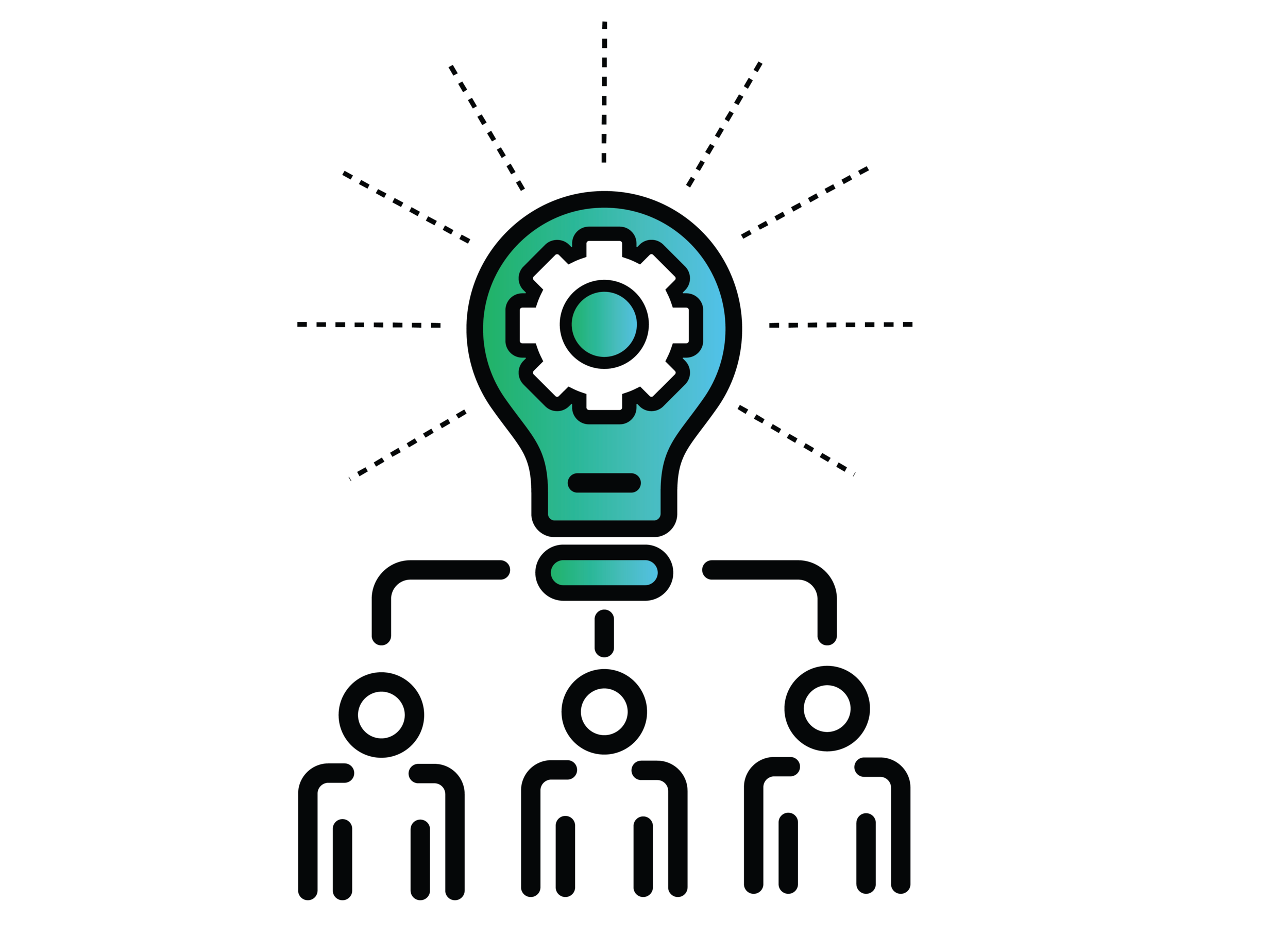Ethics in Artificial Intelligence Development
Exploring the moral implications of AI and how to develop responsibly.

Exploring the moral implications of AI and how to develop responsibly.

Understanding the ethical challenges in AI and strategies for responsible innovation.
As AI technologies advance, ethical considerations become crucial. This blog post discusses bias, privacy, transparency, and accountability in AI development, drawing from real-world examples and best practices.
AI models can perpetuate biases from training data. To mitigate:
Example of bias detection in Python:
from fairlearn.metrics import demographic_parity_difference
# Assume y_true, y_pred, sensitive_features are defined
dp_diff = demographic_parity_difference(y_true, y_pred, sensitive_features=sensitive_features)
print(f"Demographic parity difference: {dp_diff}")AI often processes personal data, raising privacy issues. Use techniques like differential privacy to protect user information.
Example using diffprivlib:
from diffprivlib.models import GaussianNB
model = GaussianNB(epsilon=1.0)
model.fit(X_train, y_train)Make AI decisions explainable using tools like SHAP or LIME. Ensure accountability through audits and ethical guidelines.
Adopt frameworks like Google's Responsible AI Practices or Microsoft's Responsible AI Standard. Conduct ethical reviews at each development stage.
Examine cases like facial recognition biases and autonomous vehicle ethics to learn from past mistakes.
Ethical AI development is essential for building trust and ensuring positive societal impact. Developers must prioritize ethics alongside technical innovation.